Eating Out
1.- Vocabulary – Restaurants
Waiter: camarero
Customer: cliente
Menu: menú
Starters: primer plato
Main course: plato principal
Dish of the day: plato del día
Dessert/pudding: postre
The bill: la cuenta
Knife: cuchillo
Fork: tenedor
Spoon: cuchara
Plate: plato
Glass: vaso
To book: reservar
To wait: esperar
To recommend: recomendar
To choose: elegir
To order: pedir
To owe: deber
Useful Expressions
Can I reserve a table?: ¿Puedo reservar una mesa?
Waiter, bring me the menu, please: Camarero, traiga la carta, por favor
What do you recommend?: ¿Qué recomienda usted?
To drink, a bottle of red wine: Para beber, una botella de vino tinto
Is the service charge included?: ¿Se incluye el servicio?
I’m hungry: Tengo hambre
I’m thirsty: Tengo sed
What would you like?: ¿Qué quieres?
I would like….: Quiero
Can I have the bill please?: ¿Puedes traerme la cuenta?
Cheers!: ¡Salud!
Enjoy your meal!: ¡Qué aproveche!
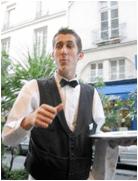
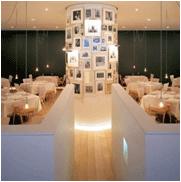
1.A.- Practice
Find the following words in the word search.
Customer / Thirsty / Waiter / Hungry / Cheers / Knife / Spoon / Plate / Glass / Fork
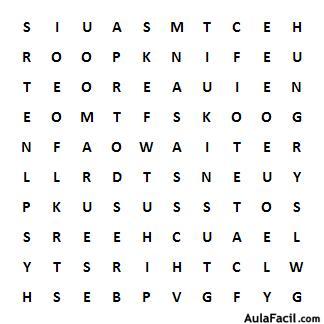
2.- Grammar - Would like
The English are polite when they speak. Usually, in a restaurant the waiter will ask you:
- What would you like to drink? Que le gustaria beber?
- What would you like to eat? Que le gustaria comer?
You respond:
- I would like…… or I’d like a coke, please Me gustaría un coca cola.
- I’d like a club sandwich, please. Me gustaría un sandwich club.
I’d like = I would like
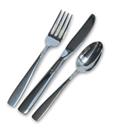

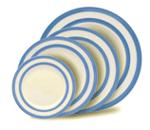
2.A.- Make sentences with "like" or "would like"
Example:
- I have more than 1000 books at home.
- I like to read
1) My car es thirty years old (buy a new car) 2) Carly´s house is very small (buy new house) 3) John buys a lot of clothes (clothes) 4) We eat chocolate every day (chocolate) 5) I don´t want to go out tonight (stay at home)
3.- Grammar – The Past Simple (Regular Verbs)
Form: Bare Infinitive + ed
WORK
- Present: I work every day.
- Past: I worked every day
WATCH
- Present: I watch television at the weekend.
- Past: I watched television at the weekend.
PLAY
- Present: I play football at school.
- Past: I played football at school.
Use:
1. To talk about things that happened in the past:
- I stayed in that hotel last week.
- He worked all night and finished the project.
2. To talk about the general past and about regular actions:
- We lived in Rome for a year when I was a child.
- Our friends often visited us in Madrid.
3.A.- Practice
Put the verb in brackets into the Past Simple.
1) I very long hours (work) 2) I in London in 1920 (live) 3) My mother when I was 12 years old (die) 4) I work at 09:00am and I at 19:00pm (start/finish) 5) In the 1920s I after five children (look) 6) He me just last month (visit) 7) Las night I my bedroom (clean) 8) My grandmother last year (retire)
4.- Reading
(Para ver la traducción hacer doble click en el texto; un click vuelve a posición original)
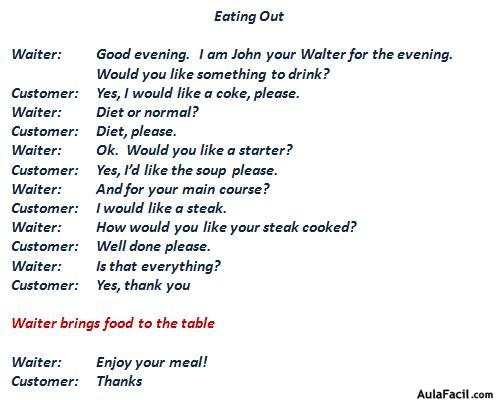
4.A.- Practice
True or False. Correct the false statements
1) The customer orders a lemonade 2) The customer order soup as a started 3) The waiter offers the customer some bread 4) The customer has a steak for main course 5) The custumer has a dessert

